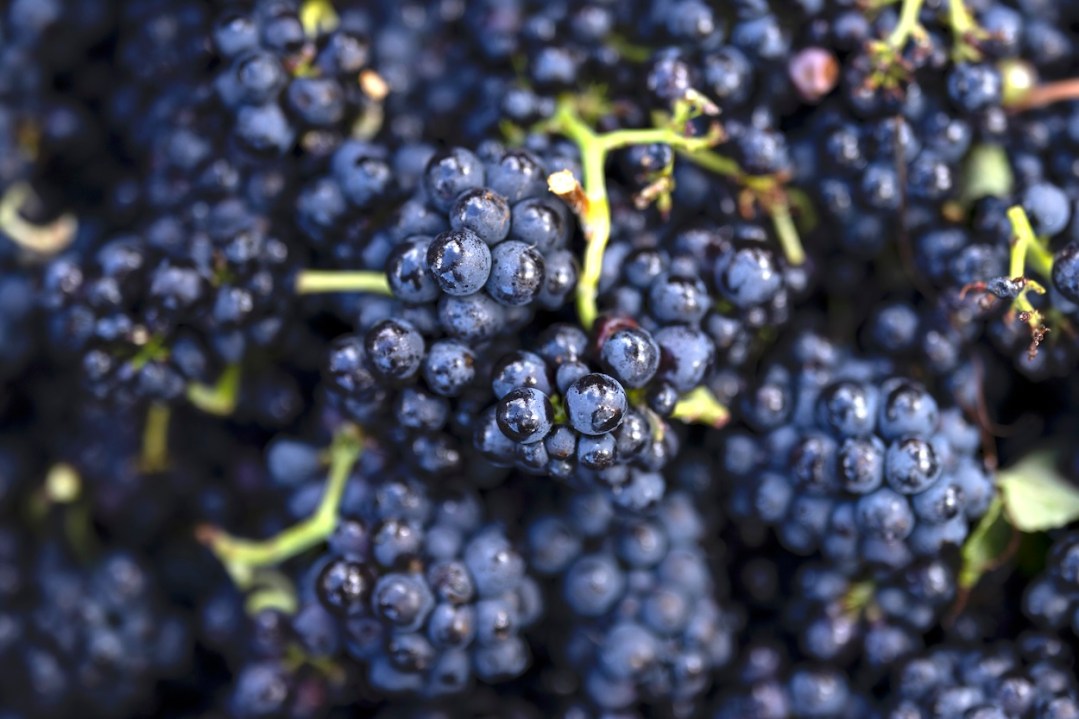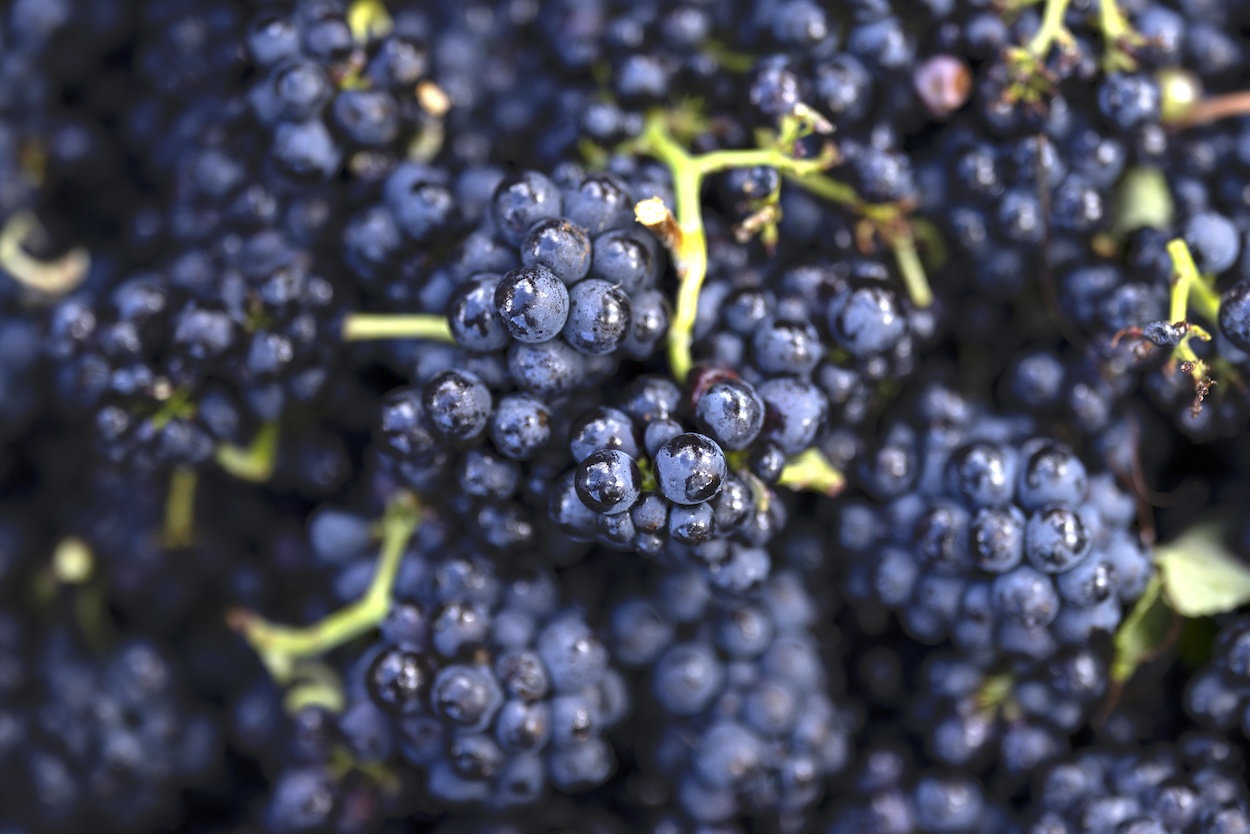Sometimes you only realise a trend is happening when you inadvertently become a part of it. Last summer we moved house within the southeast from town to country, having deliberately sought out a property with land that would be suitable for planting a small vineyard.
A lot of the big English wineries like Chapel Down procure good quality grapes from nearby growers
We’ve since discovered that we are far from alone. So many others have had the same idea that most estate agents now employ a ‘vineyard specialist’ who can spot potential and match would-be viticulturists – people who cultivate and harvest grapes – with their future vineyard. The enthusiasm for English wines is growing apace. This is mainly due to our climate becoming warmer, great news for vines although potentially detrimental to other aspects of British agriculture.
It’s not just in the southeast either. Vineyards are popping up all over the place and are flourishing as far north as Yorkshire. Amusingly Laithwaites wine now produce a handy vineyard map of ‘Grape Britain’. Chris Spofforth from estate agents Savills who founded Savills Viticulture in 2017, told me, ‘about a decade ago we could see that the sector was starting to build. The Covid lockdowns were pretty kind to it overall with people stuck at home, buying “from the cellar door”. I think that’s here to stay. Owning a vineyard is hard work but it’s the fastest growing sector in the southeast.’
One of the biggest winners in the dash to establish a new vineyard is the ‘vineyard consultant’, of which there are suddenly many. They will do everything from land selection and inspection, to soil testing, planting plans, procuring rootstock and vines – and they’ll plant and put up the trellis if you so desire. They charge a pretty penny which suggests that demand is currently outstripping supply. At a recent trade show one consultant told me that his phone is ‘red hot’ with prospective wine growers needing help and advice.
Agricultural colleges like Plumpton in West Sussex that run courses covering everything from vineyard management to wine making and tasting are reporting record interest and some are oversubscribed. I just bagged the last space on one such course and am now sharing the classroom with novices like me who either have suitable land or are searching.
There are three important aspects to being a successful wine-maker: growing, producing and selling. The first two are relatively straightforward as far as any agricultural endeavour goes. Things can wrong – frost, disease, pests, ignorance – all can potentially wipe out your entire crop. But according to the experts, it’s the third part – the selling – that requires alchemy.
How are you going to make a decent return once you’ve got your bottled wine? It’s fair to say that selling possibly matters less to those whose vineyard is simply a vanity project, but there are those of us who wish to make a living from selling wine.
One option is not to bother with the production and simply sell your grapes. A lot of the big English wineries like Chapel Down procure good quality grapes from nearby growers to blend with their own. When starting out, the trick is to predict what varieties they’ll be looking for three or four years down the line when your (hopefully healthy) crop is finally ready.
But what if your dream is to have your very own branded wine? Who’s going to buy it? For small-scale producers like me, the appetite for sustainable produce could be our friend. Many consumers want local produce with low ‘food miles’ and a negligible carbon footprint. And what could be nicer for a pub or restaurant owner than selling a decent wine made just down the road?
Wine tourism is also on the up and it’s common for vineyards to offer B&Bs with wine tastings and tours. There’s something deeply soothing about walking among rows of perfectly symmetrical vines, beautifully pruned and bursting with juicy bunches of grapes. It’s even better to sample the end result on the land from which it was grown.







Comments